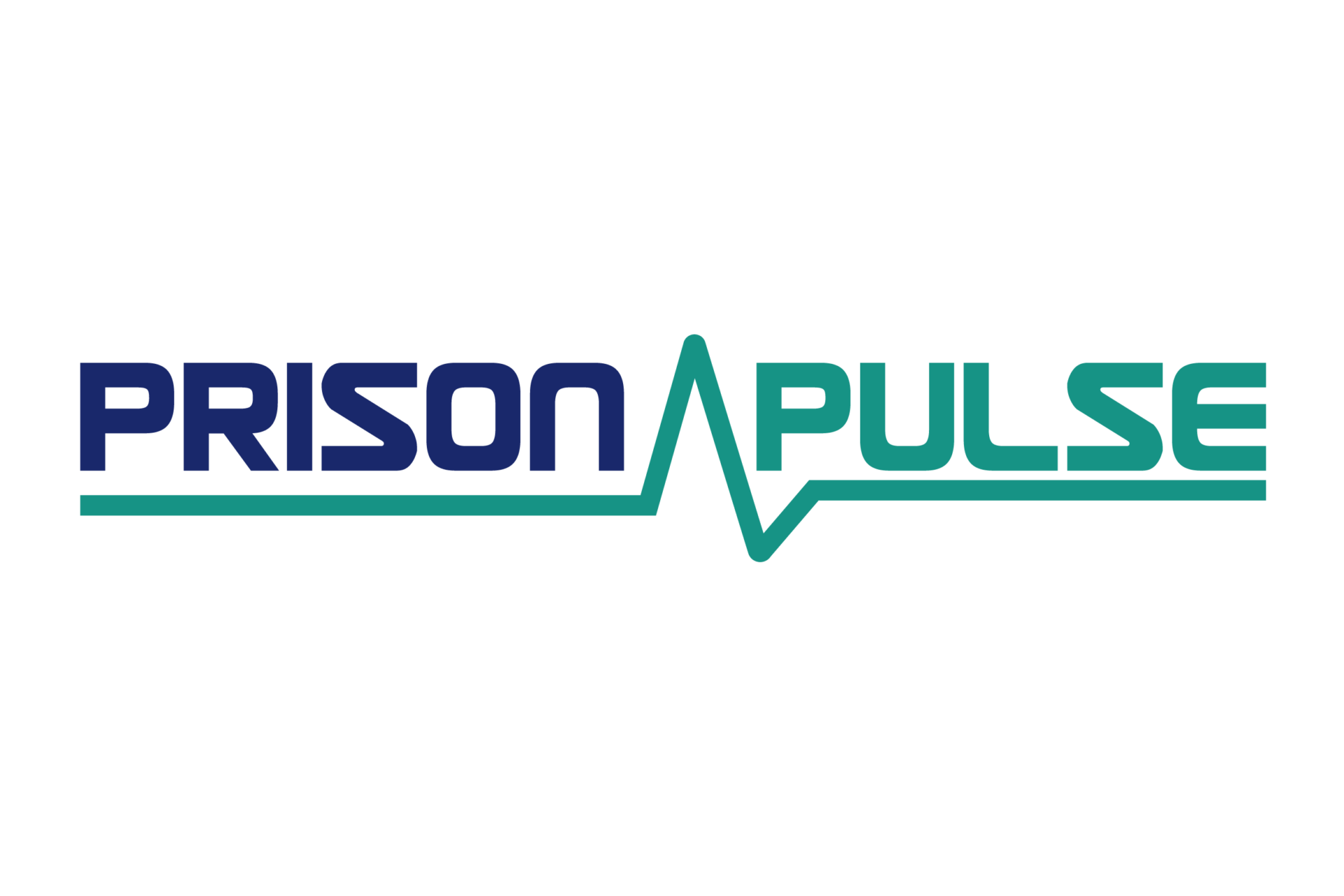What Are Parole Conditions?
When a parole board grants a parole request, it also sets the conditions of parole. Those conditions will be in a parole agreement—basically a contract outlining where the parolee will live and work during parole and establishing rules the parolee must follow to remain in the community.
General or Standard Conditions of Parole
Many parole conditions are standard and apply to all or most parolees. Common parole conditions include:
• reporting regularly to a supervising officer, generally it can be anywhere from once (1) a month to up to four (4) time a month.
• living within a defined area and not leaving without permission, i.e. Halfway house or a specific residence.
• promptly notifying a supervising officer of changes in employment status, relationship or any update that is required by the condition that is imposed.
• not possessing any guns or other weapons
• agreeing to law enforcement searches of one’s residence, possessions, and self, and
• not breaking the law.
Special Conditions of Parole
It is almost always the case that Special conditions are imposed on anyone who is on parole. These parole conditions are imposed on a case-by-case basis and are specifically tailored to the offender. Examples of these special parole conditions include:
• submitting to treatment and random testing for drugs or alcohol
• immediately report all sexual and nonsexual relationships or friendships to your parole supervisor
• not contacting the victim or not associating with specified individuals
• submitting to electronic monitoring
• attending counseling or anger management
• not gambling
• using vocational services, or
• not viewing pornography or sexually explicit material.
Violating Parole Conditions
If a parolee violates any conditions, the parole officer will generally report the violation to the parole board or another supervising authority. For minor violations, the parole officer may be authorized to impose certain sanctions and handle the matter. Other violations will typically go before the parole board to decide whether to impose sanctions, modify the conditions, or revoke parole. Revoking parole means the parolee heads back to prison.
Are Probation and Parole Conditions the Same?
Parole and probation are similar but are not the same. They occur at different times during the criminal justice process and involve different institutions.
When ordering probation, a judge allows the convicted defendant a chance to serve their sentence in the community, rather than behind bars. Parole, on the other hand, is post-incarceration release and isn’t part of the sentence. A parole board may grant parole after an inmate has already served part of their sentence in prison.
Both probation and parole often come with conditions. And a violation of those conditions can mean time behind bars. For probationers, a judge will decide whether to revoke probation and send the person to prison. In the case of parolees, usually, the parole board makes revocation decisions for violations.

